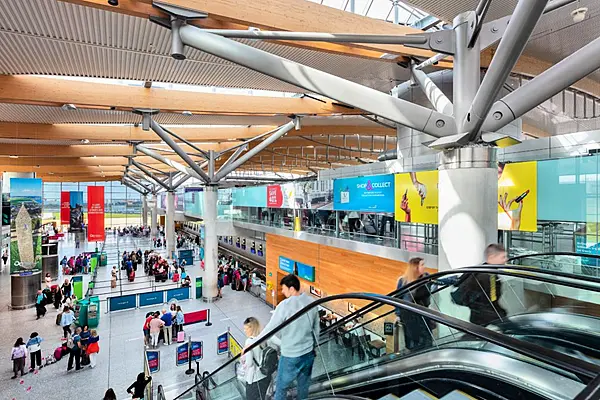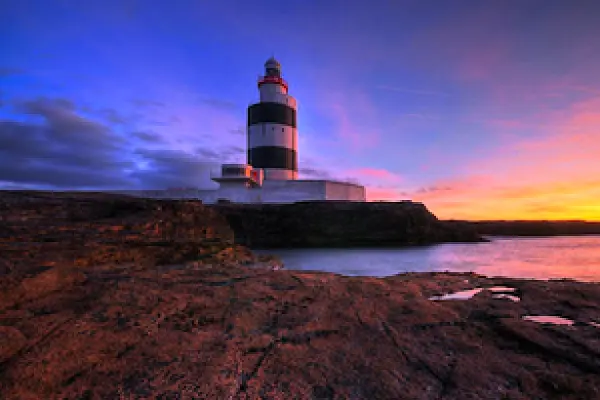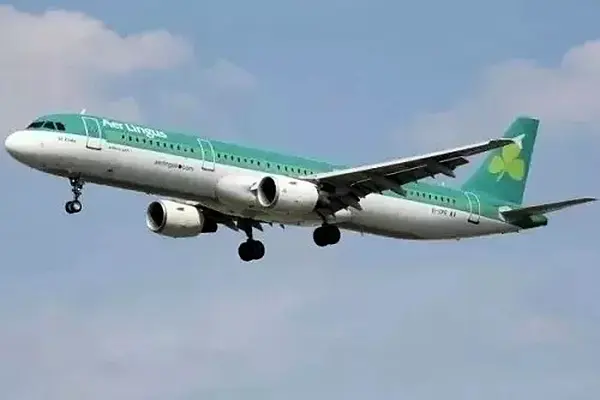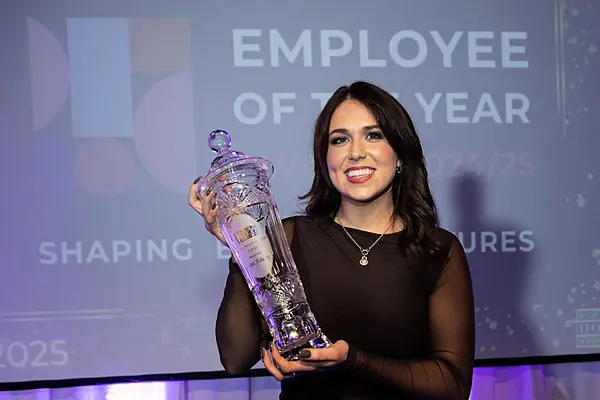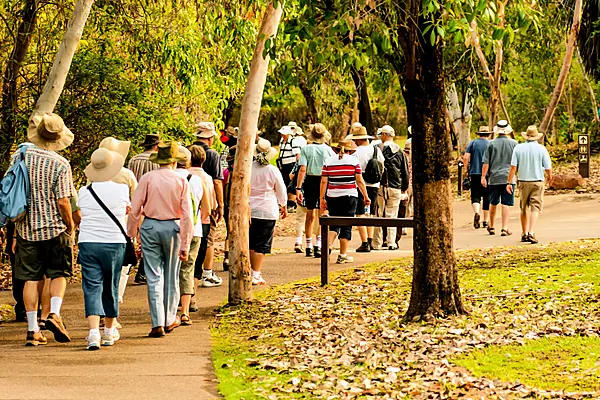Forty two percent of travellers plan to go on more holidays in 2025 compared to 2024, while 81% will do more or the same amount.
This is according to Marriott Bonvoy’s 2025 ‘Ticket to Travel’ research, conducted amongst 21,374 adults in ten markets across Europe, Africa and the Middle East (EMEA).
“The strong desire for international, regional and domestic travel, seen from this comprehensive consumer research, is great news for the industry and we are excited for the year ahead," said Phil Andreopoulos, chief sales and marketing officer, Marriott International (EMEA).
Consumers surveyed said that they plan to go on average two domestic holidays within their own country in 2025, two short-haul holidays (four-hour flight or less) and one long-haul holiday. This suggests that respondents will be doing a total of five holidays or trips in 2025, the equivalent of nearly one every two months.
The research identifies a number of emerging or growing travel trends including ‘Heritage Holidays.’ A Heritage Holiday is a holiday taken to specifically explore family’s heritage, history or ancestry. More than a third (36%) of consumers have previously taken a heritage holiday and a further 32% plan to next year or in the near future.
Meanwhile, 'Bravecations', travellers' propensity to be braver when they go on holiday and being more likely to try things they wouldn’t at home, is another trend that clearly comes across in the research.
More than two thirds of travellers (67%) say that they are braver on holiday. Age plays a role with 78% of those aged 18-24, and 82% of those aged 25-34 saying they are braver on holiday, compared to 39% of those aged over 65.
The research shows that more than seven in ten (72%) say that they look at the environmental impact of their travel plans compared to 64% last year, and over half (55%) say that they checked the sustainability of the accommodation they stayed in on their last holiday, although only 30% did so before they booked. However, this figure is up from 22% last year.
Additionally, more than four in ten (41%) say they have used AI to help plan or research a holiday, up significantly from 26% last year, showing how much this trend has increased with EMEA consumers over the past 12 months.
This is led by younger travellers, last year 45% of 18-24 year olds had used AI, but this year the figure rises to 59%. Meanwhile last year 41% of 25-34 year olds had and this has risen even further to 62% this year.
"The research also reveals that over the past 12 months the use of AI has become well and truly mainstream - with Gen Z and younger millennials now using this as a key part of their travel planning," said Andreopoulos.
When it comes to accommodation preferences, the survey suggests that the ‘brilliant basics’ will remain key for travellers, with cleanliness (95%), price (92%) and location (91%) the most important factors across all markets.
But for 65%, sustainability is now a key accommodation consideration, while nearly half (47%) look for accommodation to be pet-friendly. Over half (55%) also call out the importance of accommodation catering to solo travellers.
